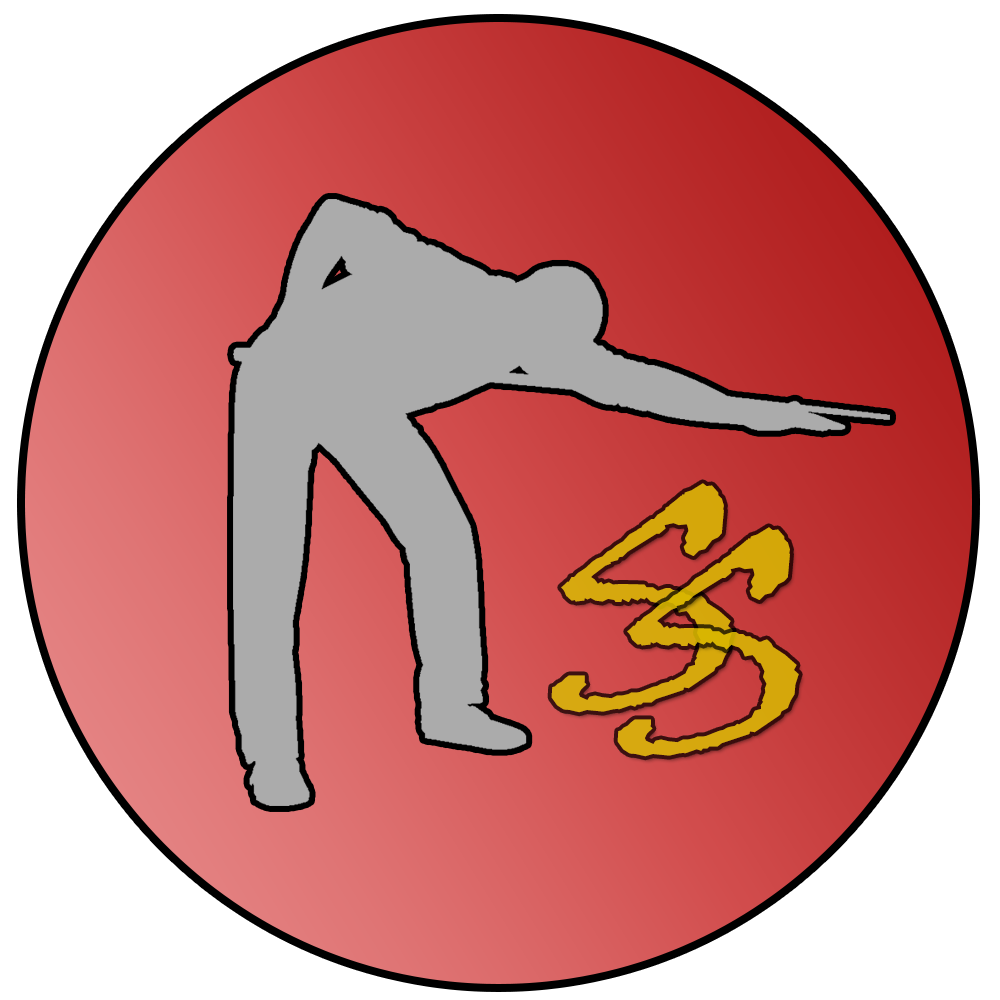I’m sure when you’re watching any televised snooker match you see a small display at the foot of the table with a number; typically either 45 or 50 (mostly the latter). This pretty much refers to the temperature at which the table is heated, kind of. Most of you already knew this; but this is for the uneducated (and also the bored).
The basis for heating a snooker table is simply to reduce the amount of friction on the table. If a snooker table wasn’t heated and was left to survive on its own throughout the course of a tournament then it would inevitably become too cold and damp to play on. It would also cause quite an uneven surface. Now, I don’t need to tell you why that is a bad idea. Actually, I might. On a 12ft+ table, long shots would be an absolute nightmare.
Keeping a table warm and dry helps with the ‘run of the ball’ by providing quick play as well as consistency. Left without under-table heaters, the table would have to adjust to the changing temperatures of the surrounding environment which would cause minor (but noticeable) contractions in the cloth that snooker is played on. That’s pretty much it.
This leads to what choice of temperature should be chosen for the heaters. Most of you (including myself) would probably think that 50 degrees would be far too hot to play on. However, because the slates that snooker tables are primarily made from are so thick, it is only approximately 20 or so degrees when the heat actually reaches to the top of the table.
Fun fact: a lot of local clubs that don’t have table heaters tend to just iron their tables in order to keep them running smooth.





